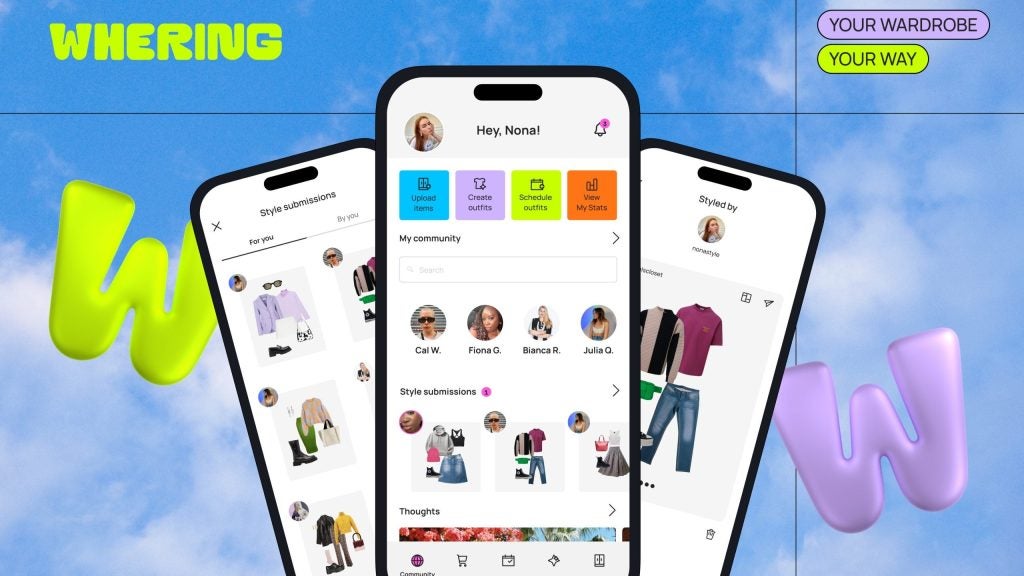
Fintech startups’ multi-billion valuations, such as that achieved by US neobank Varo Bank, are inflated and don’t reflect reality, according to the CEO of 3S Money.
Ivan Zhiznevskiy is the founder and CEO of 3S Money, which markets itself as a solution for “established international businesses who have outgrown Transferwise.” It enables companies to accept and manage bank transfers in foreign markets.
Speaking exclusively with Verdict, Zhiznevskiy offered some strong criticism of his fellow fintech founders, claiming they’ve allowed venture capital investors to push them into pursuing inflated valuations and failed to provide enough transparency to check these valuations against reality.
“We’ve all seen these valuations such as Varo Bank and other digital banks emerging, literally every day,” he says. “It’s actually a race that VCs started for valuations, where companies are emerging every day without bringing any real value to the customers.”
Varo Bank achieved a $2.5bn valuation in September, resulting from a $510m Series E funding round led by Lone Pine Capital, according to GlobalData’s Technology Intelligence Centre. Declaration Partners, Eldridge, Marshall Wace, Berkshire Partners and BlackRock also supported the raise.
BlackRock, Declaration Partners and Marshall Wace declined to comment when asked by Verdict for their stance on Varo Bank’s valuation, and what information they had seen on the bank’s revenues and the activity levels of its users. The other investors did not respond to our inquiries as of publication.
How well do you really know your competitors?
Access the most comprehensive Company Profiles on the market, powered by GlobalData. Save hours of research. Gain competitive edge.

Thank you!
Your download email will arrive shortly
Not ready to buy yet? Download a free sample
We are confident about the unique quality of our Company Profiles. However, we want you to make the most beneficial decision for your business, so we offer a free sample that you can download by submitting the below form
By GlobalDataVaro Bank is the first US-based digital bank to have been approved for a banking licence. The startup is part of a growing group of challenger banks that also includes such startups as NuBank, Chime and Revolut, as highlighted in recent thematic research from GlobalData.
The digital bank claimed it had achieved its success due to having tripled its revenue over the past year and growing the number of opened accounts to four million.
Varo Bank has not publicly revealed how big its revenue is or how active its users are. The San Francisco-headquartered company has previously declined to share any hard figures to news organisations. As a rule, privately-owned US startups are not required to release their financials to the public.
Varo Bank did not return Verdict’s multiple requests to comment on this story, but founder and CEO Colin Walsh recently told Forbes that he expects the company to surpass $100m in annualised revenue by the end of 2021.
Zhiznevskiy defines active users as people who have “used [their services] at least once over the past 30 days.”
“These valuations are only based on the number of clients that the services have,” he says. “We don’t have a clue whether they are active customers or [if] they really use the product.”
He believes investors have pushed fintech startups to enter the banking space in pursuit of higher valuations.
The 3S Money CEO argues that startups being pushed into banking risks stifling their ability to innovate and forces fintechs to present inflated user figures.
“In this race for [higher valuations], you just hunt for more and more customers without adding any value and creating a portfolio of effectively dead customers that don’t do anything,” Zhiznevskiy claims.
“It would be interesting to see the real numbers – how many active clients that did at least one transaction or one action in the app for Varo Bank, for example – but they don’t disclose these figures. I believe their active client base is small.”
The 3S Money CEO believes that high valuations based on a lack of transparency could end up hurting both the fintech industry and investors.
“The danger is for investors, I believe, because when there’s no transparency for investors they don’t have a clue what they invested in and why the valuation is the one that they declare it is,” Zhiznevskiy says.
In April, 3S Money raised £3m in a Series B round led by TMT Investments, valuing the company at £40m. Zhiznevskiy denies that his own startup’s valuation is inflated.
“No, I think this valuation is reflecting our existing revenue flow. I believe that the fair valuation is anything in the range of x10 to x15 to the annual revenue,” the CEO says, adding that 3S Money projects to have £8m in revenue by the end of 2021.
By that definition, Varo Bank CEO’s expected $100m revenue would give it a $1.5bn valuation.
The 3S Money CEO also says that his startup has “around 600 active companies” as active customers.
Fintech valuations
Varo Bank is not the only digital lender accused of being overvalued. In July, South Korean challenger bank KakaoBank protested to regulators who demanded that the startup adjust its prospectus ahead of a public listing, saying that it was “highly overvalued”.
The pandemic saw fintech valuations skyrocket. Mega-rounds collected by several companies in the sector saw the global fintech industry secure a record $105bn in funding in 2020, according to KPMG.
The trend doesn’t seem to be over. This year companies like Stripe, Klarna and Robinhood have raised massive rounds at record valuations.
“A lot of fintech startups have managed to achieve over a billion dollar valuation despite not being profitable at the moment,” Chris Dinga, payments analyst at GlobalData, tells Verdict. “Despite the lack of current profitability, the high valuation of those startups are linked to the potential profits they should generate when they become profitable in the future – in theory.”
When asked about the 3S Money CEO’s claims that investors don’t see all the relevant information, Dinga adds: “It is concerning, though, the idea that startups don’t reveal the data to their investors; we can safely assume that the performance of many of these startups are being inflated to achieve these huge valuations.”





